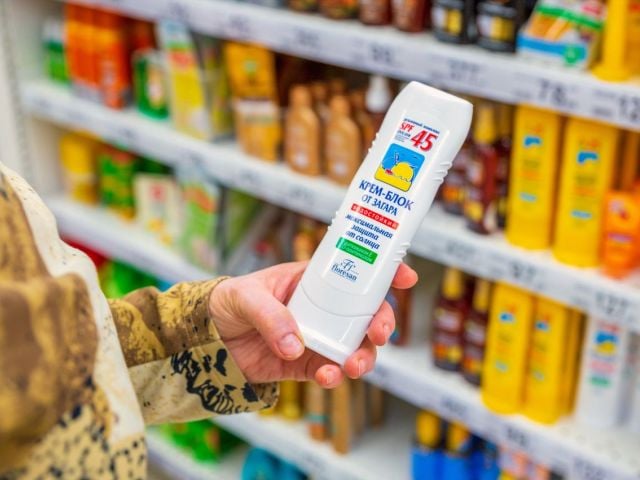WASHINGTON – Cancer-causing weedkiller glyphosate will no longer be sold for residential use in the U.S. by 2023. The move highlights the need to also immediately halt current uses of the substance on food crops.
The German-based company Bayer AG announced on Thursday its decision to end lawn and garden sales of its popular weedkiller Roundup, whose active ingredient is glyphosate, by January 2023. The decision is an attempt to shield Bayer from the kind of litigation that has already battered the company’s reputation and stock value.
In 2018 and 2019, juries in three separate cases found that glyphosate causes cancer and that Monsanto covered up evidence of its health risk for decades. In 2017, California added glyphosate to its Proposition 65 registry of chemicals known to cause cancer.
“This is a positive but long-overdue development that will end the exposures most responsible for cancer cases brought against Bayer/Monsanto,” said Environmental Working Group President Ken Cook. “The company should also immediately revoke the end-of-season use of glyphosate on food crops, a major reason why the weedkiller contaminates so many foods. Those two steps would dramatically reduce direct human exposure to this toxic pesticide.”
Cook added, “We continue to have serious doubts that glyphosate, as currently formulated and applied, can be safely and responsibly marketed for its major use – on hundreds of millions of acres of glyphosate-resistant crops.”
In its announcement, Bayer said it will replace glyphosate with other active ingredients in the ubiquitous weedkiller Roundup, used on lawns and gardens, but did not identify them.
Glyphosate, the most widely used herbicide in the world, was invented and marketed by Monsanto until 2018, when Bayer bought the company for $63 billion. It inherited liability for about 125,000 claims by people who say the products caused their cancer. The company has resolved all but 30,000 of those claims.
A 2015 EWG analysis mapped the year-to-year growth in glyphosate use on American farmland from 1992 to 2012. According to the Department of Agriculture, about 240 million pounds of glyphosate were sprayed in the U.S. in 2014. As a result of widespread spraying, glyphosate has now been found to contaminate air, water and soil across vast expanses of the U.S. It also shows up in the food Americans eat every day.
Biomonitoring studies in several states found glyphosate in the bodies of children and pregnant women. And women who were more heavily exposed to glyphosate during pregnancy were more likely to give birth to premature babies who weighed less than average, according to initial data from a study in Indiana in 2017.
The vast majority of glyphosate is applied to genetically modified corn and soybeans, but it is increasingly sprayed on oats just before harvest as a drying agent. Glyphosate kills the crop, drying it out so it can be harvested earlier than if the plant were allowed to die naturally. This makes the harvest easier but also increases the likelihood that the pesticide makes it into food, posing potential health risks.
Two separate rounds of laboratory tests commissioned by EWG found glyphosate in nearly every sample of popular oat-based cereals and other oat-based food marketed to children. The brands in which glyphosate was detected included several cereals and breakfast bars made by General Mills and Quaker.
###
The Environmental Working Group is a nonprofit, non-partisan organization that empowers people to live healthier lives in a healthier environment. Through research, advocacy and unique education tools, EWG drives consumer choice and civic action



